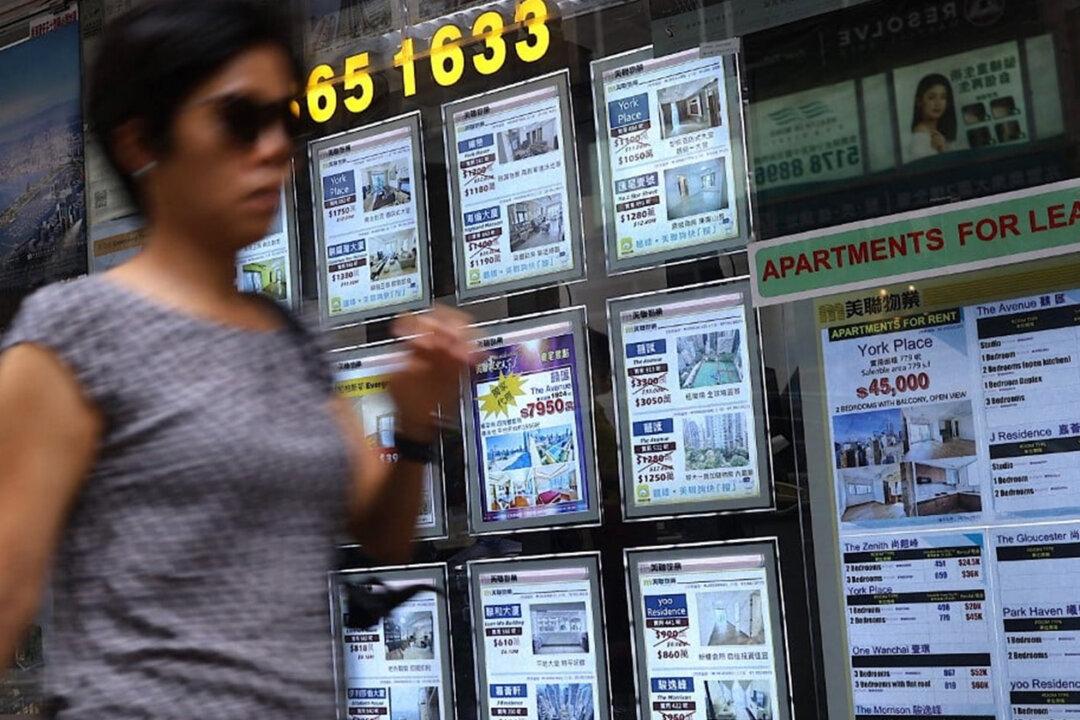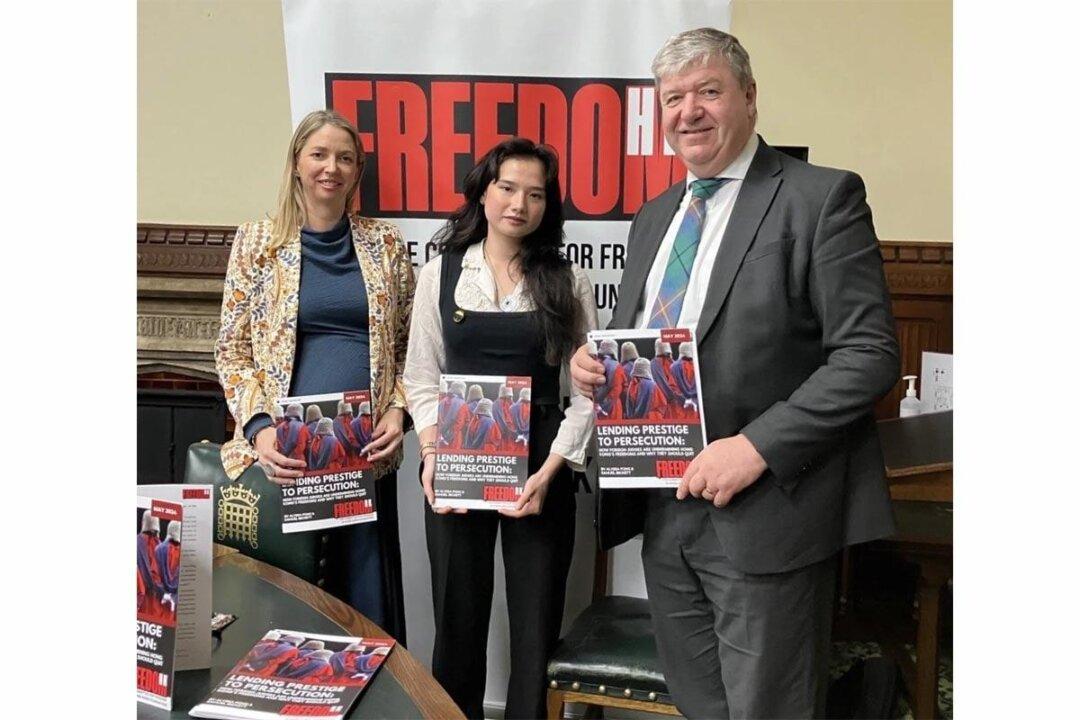As property market transactions dwindled in Hong Kong, leading developer CK Asset Holdings Ltd. (01113. HK) launched a new property, The Coast Line II, at a “bargain price.” The overall weakness in Hong Kong property prices has continued, with an average rental yield of only 2.7 percent, lower than the roughly 4 percent offered by a one-year fixed-term bank deposit, which has deterred many property investors. According to the latest data from Midland Realty’s Residential Department, only 6,843 transactions were recorded for new properties in the first seven months of 2023, marking the second-lowest in the past decade for the same period.
The current round of interest rate hikes has further increased the burden on small property owners in Hong Kong. Calculated on a loan amount of HK$1 million (US$ 128,000) over 30 years, the effective interest rate in the low-interest rate environment at the beginning of 2022 was approximately 1.45 percent. This resulted in a monthly interest repayment of HK$3,428 (US$438). However, with the current effective interest rate expected to reach the capped rate of 3.625 percent, the monthly interest repayments will increase to HK$4,561 (US$583), an increase of 33 percent.




